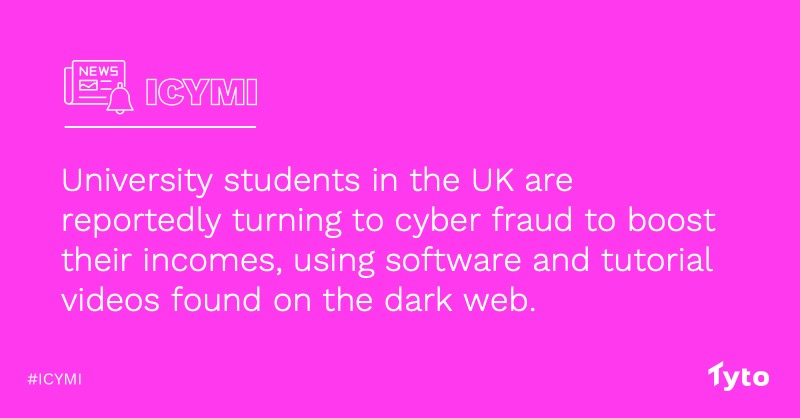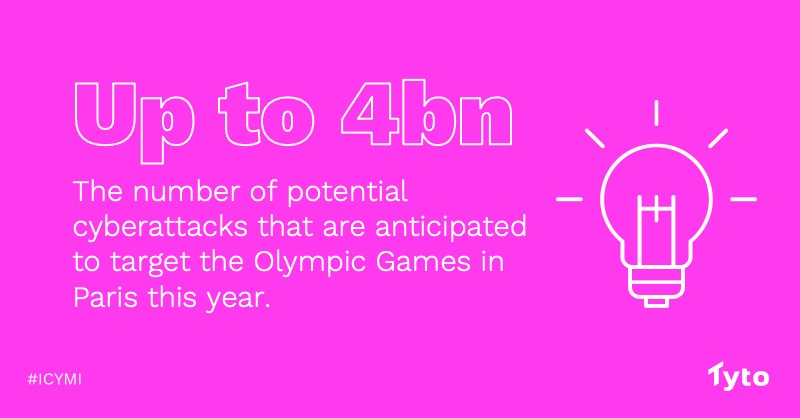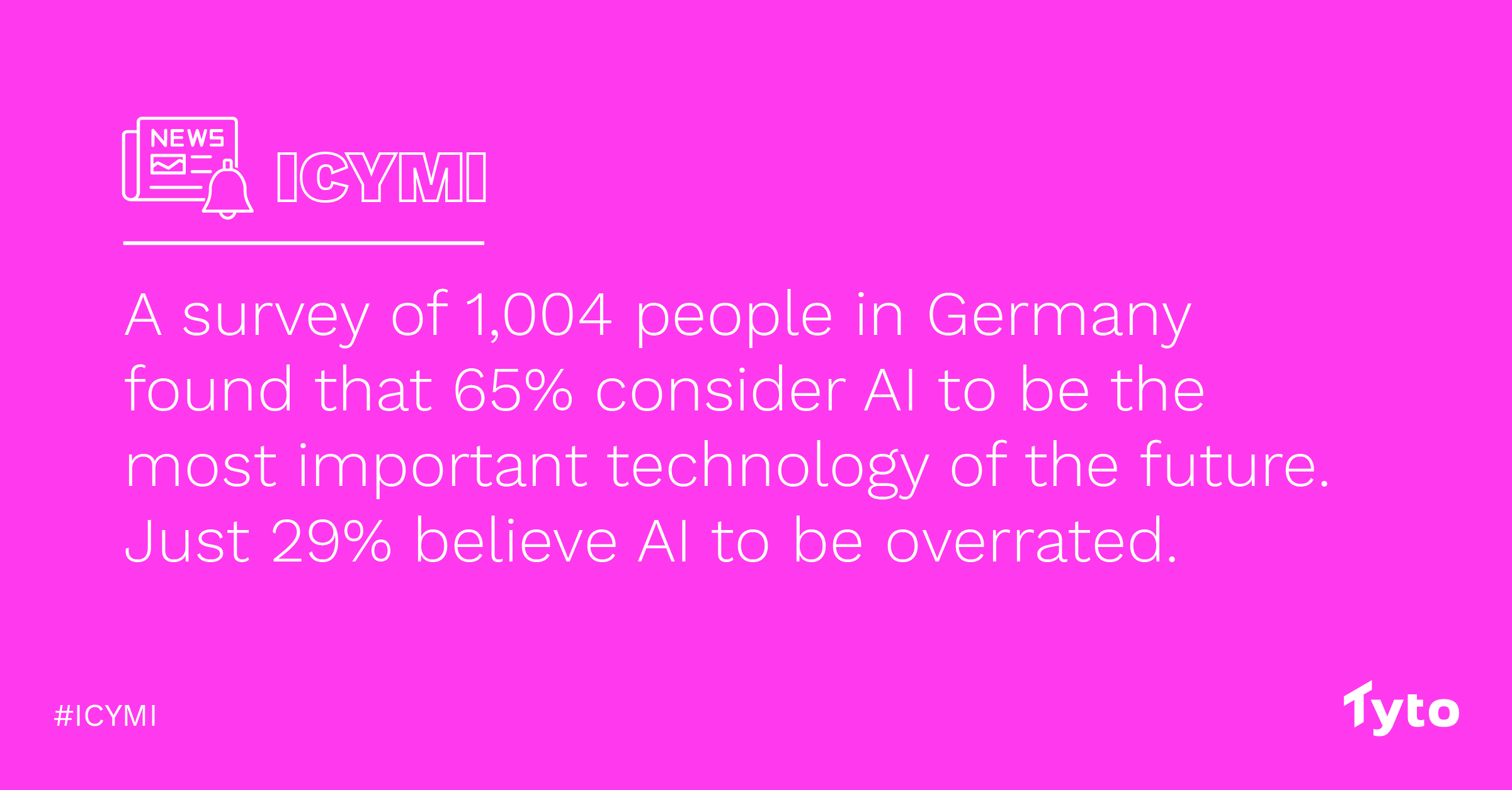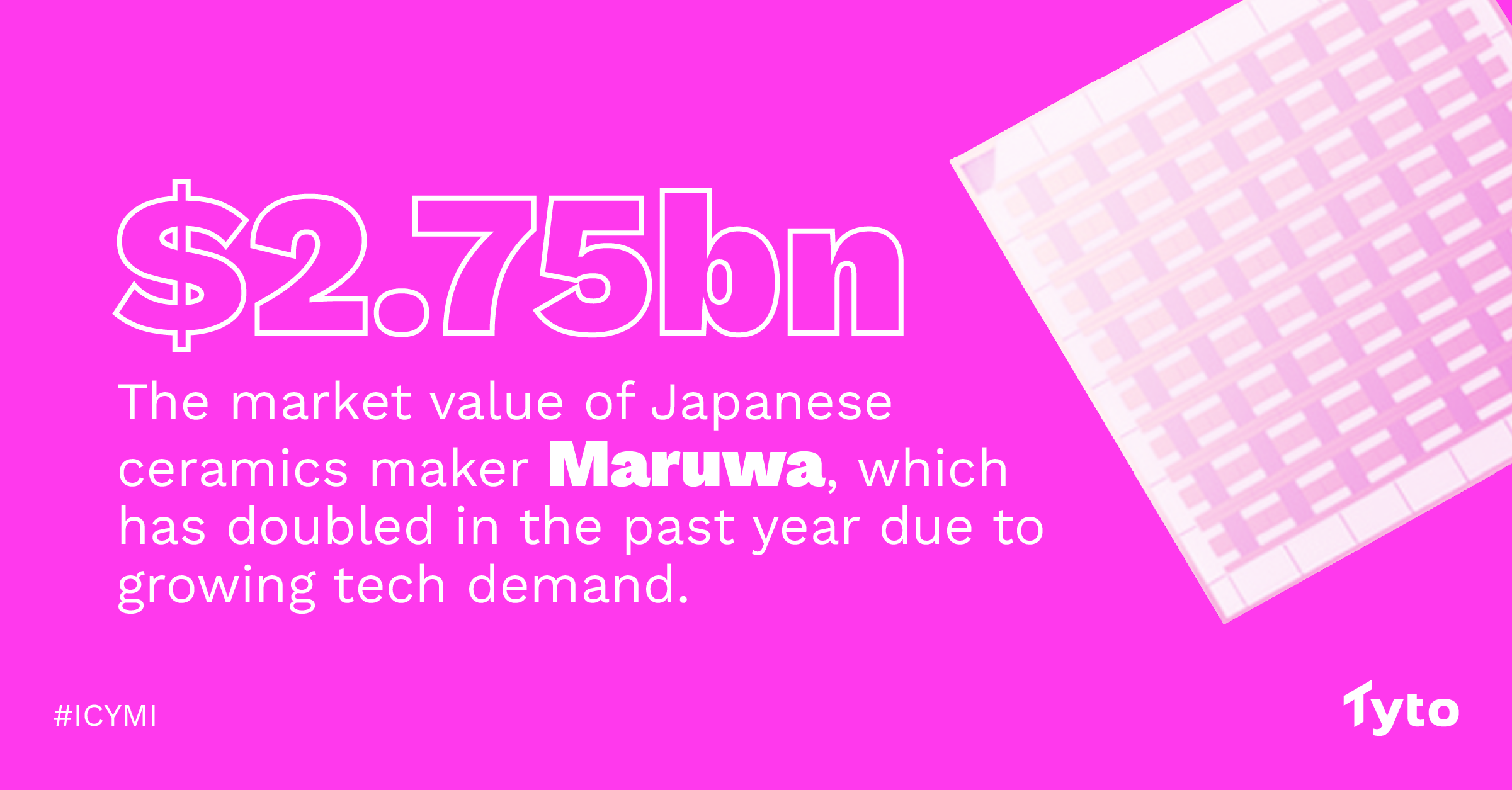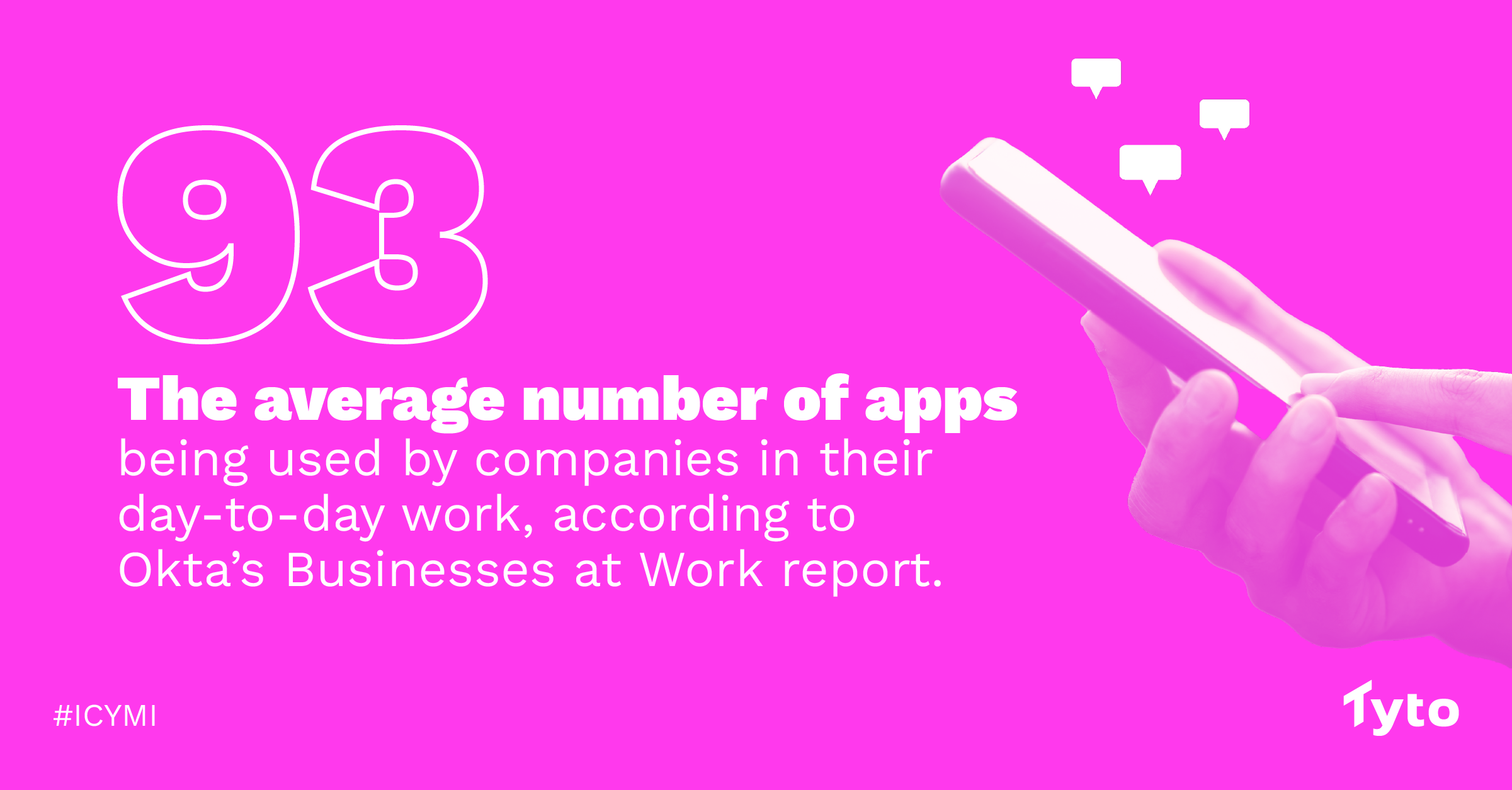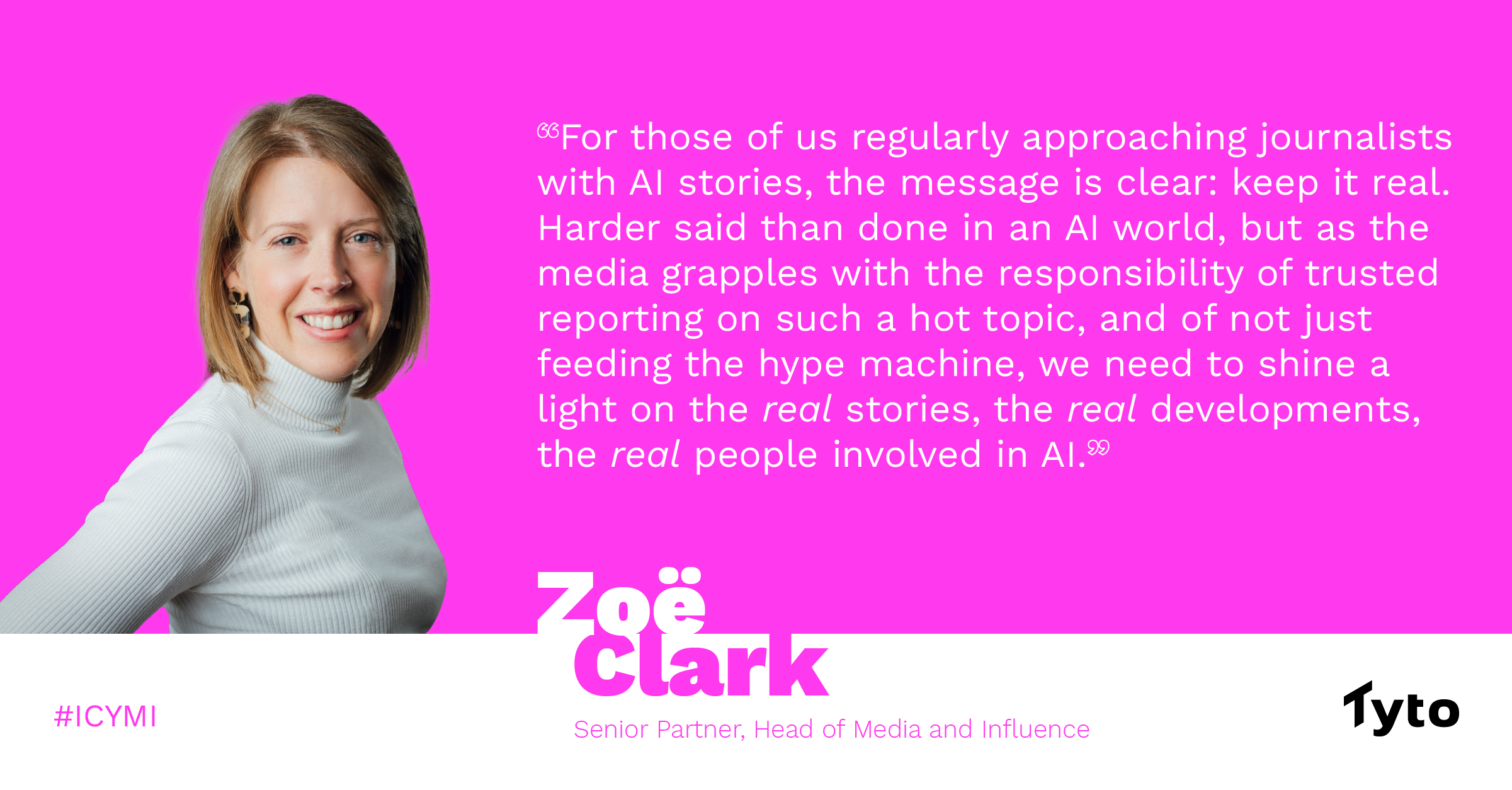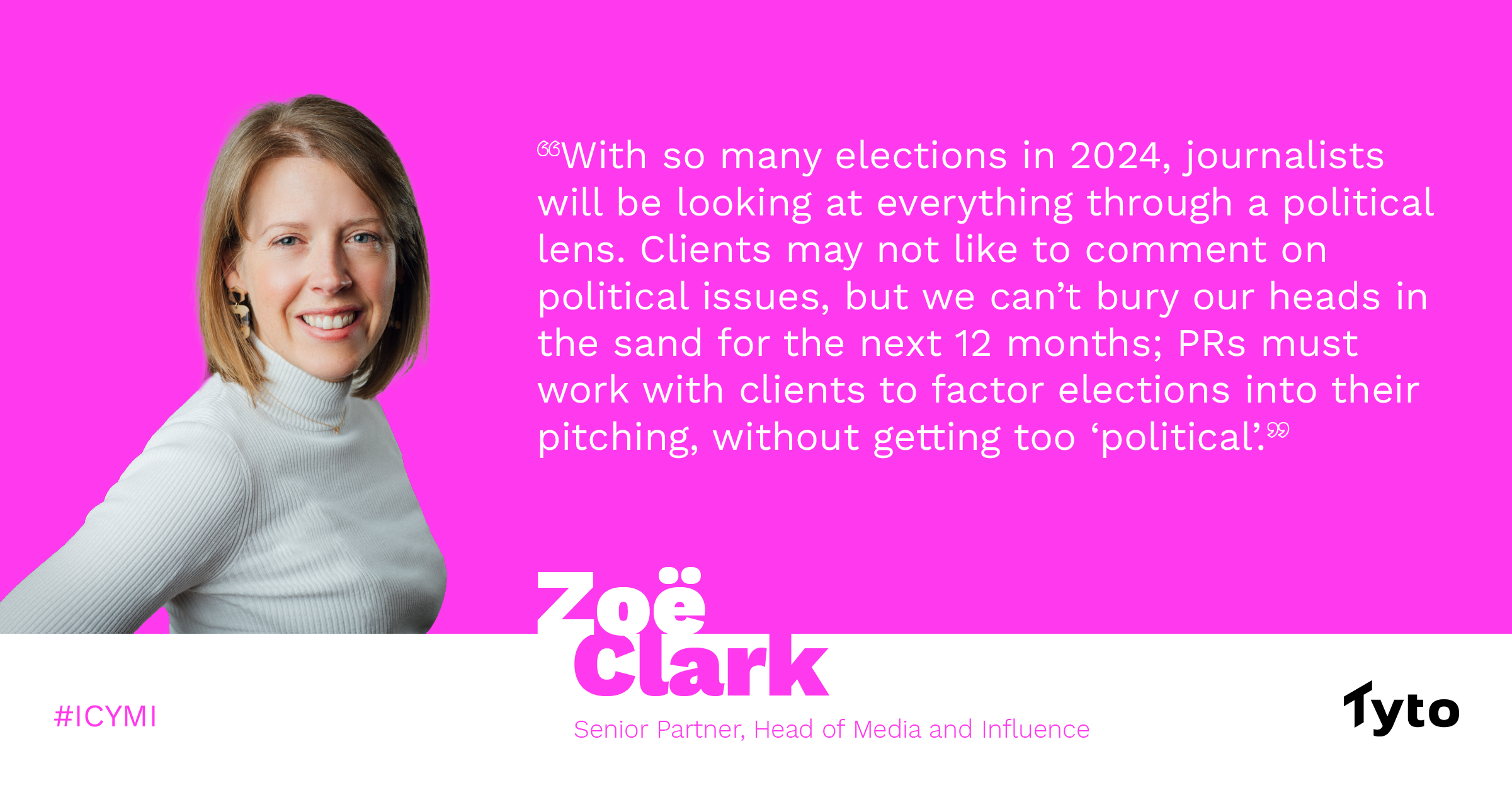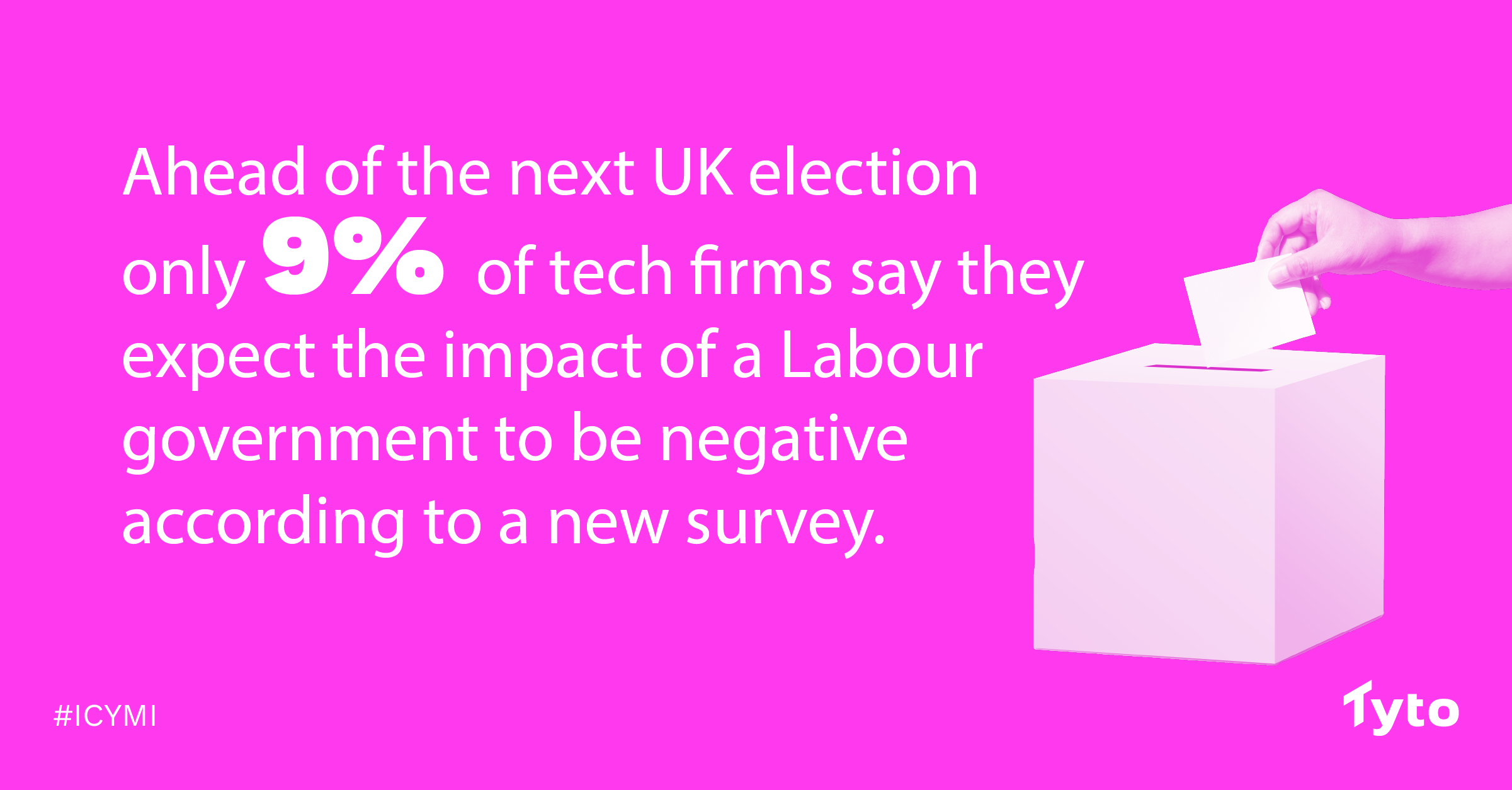ICYMI: Apple tests the theory that there’s no such thing as bad publicity
Welcome to ICYMI – a weekly snapshot of European news stories that have given me pause for thought. ICYMI is a chance for you to go beyond the front-page headlines and find out what other stories may be worthy of your attention.
Sometimes, our work as PRs is as much about advising clients on what NOT to do, as it is telling them what they should do. Case in point: who approved this new commercial for Apple?
The tech giant has received a severe backlash for its latest ad, titled “Crush!”, which features a giant hydraulic press crushing various items used for art and music creation, followed by the emergence of the new iPad Pro.
Critics say the ad showed a lack of respect towards the materials being destroyed and for belittling creators, with some interpreting it as symbolic of the tech industry’s treatment of creative professionals.
Apple has since apologised, admitting that it “missed the mark” with the ad. The company’s Vice President of Marketing Communication expressed regret for not celebrating creativity appropriately.
Considering the number of approvals and discussion meetings the advert would have needed to go through, it’s remarkable that the ad was greenlit, with no-one noticing or foreseeing the potential damage to Apple’s brand and reputation or how the media might react to it.
On the other hand, Apple has left the advert up on YouTube, where it has garnered 2.5m views in less than a week. Perhaps the company subscribes to the proverb: “There’s no such thing as bad publicity.”
Cyber threats to infrastructure
Speaking of reputational damage, we’ve previously discussed the rise in cyberattacks and the growing importance of cybersecurity. Companies risk significant harm to their brand and reputation (as well as costly fines) if they are forced to disclose that they have suffered a data breach.
Despite this risk, reports continue to indicate that most sectors are still lacking when it comes to cybersecurity. For instance, an article from German outlet Heise Online reports that the country’s Federal Office for Information Security (BSI) has found that several critical infrastructure operators still need to make improvements when it comes to securing these vital facilities and minimising the potential risks from cyberattacks or other threats.
According to the latest statistics from the BSI, the IT sector in Germany is (perhaps unsurprisingly) well prepared to prevent security incidents, while healthcare and transport have catching up to do. The statistics also reveal how many IT incidents and attacks were reported in the first quarter of 2024. While the municipal waste disposal and food sectors remain in the single-digit range with one and three reported incidents respectively, significantly more incidents were reported in the IT and telecommunications (25), healthcare (26), transport and traffic (32), finance and insurance (34) and the largest sector, energy (50).
There is potentially scope here for cybersecurity clients to discuss how the sectors that are more often targeted can better defend themselves against cyber threats.

The end of the Great Resignation?
From 2021 to last year, two stories that received a lot of media coverage were the “Great Resignation”, which referred to a spike in the number of employees resigning in search of better or higher paying work, and “quiet quitting”, the trend for workers to do the bare minimum in their job. These linked economic trends reflected the turmoil in the jobs market after the pandemic, as well as the growing dissatisfaction among (usually younger) workers. However, the pendulum may now be swinging the other way.
According to a new story in UK publication The Times, more and more workers are fearful about changing jobs due to the uncertain economic outlook, opting for stability with their current employer instead. This is based on findings from the latest labour force survey from the Chartered Institute of Personnel and Development, the professional body for human resources workers, which indicated lower staff attrition and fewer job moves this year.
After several years of an ultra-competitive jobs market, which made it difficult and expensive for companies to hire talent, this new trend indicates companies are likely to be reducing their hiring plans to match the slowdown in the global economy. Based on this trend, there are likely to be further falls in both turnover and vacancy levels in 2024. Fewer resignations and vacancies mean that the balance of power could be “moving in the direction of employers and away from workers”, as the Times’ story puts it.








